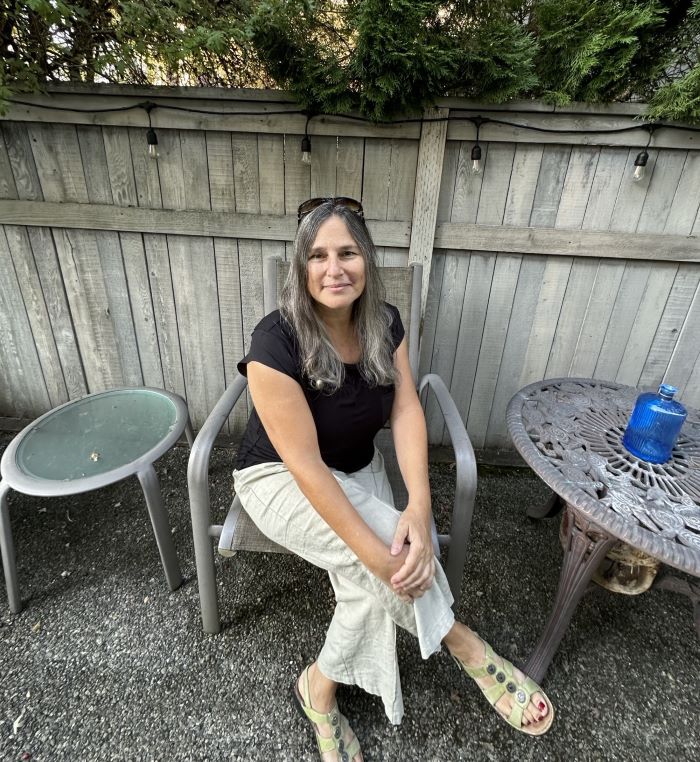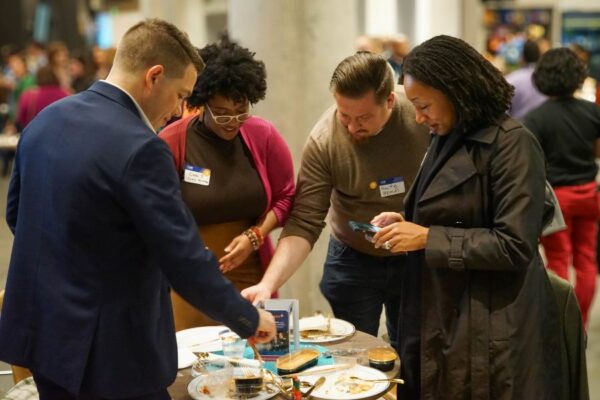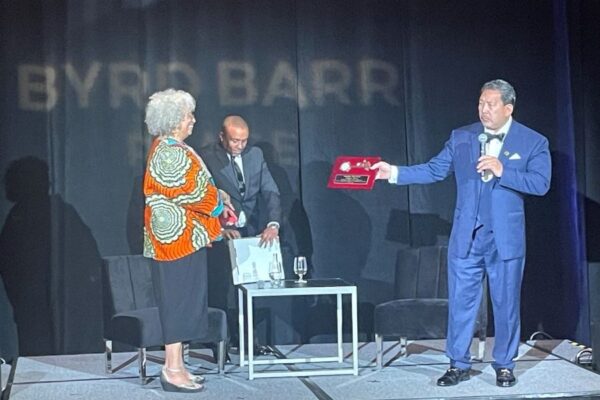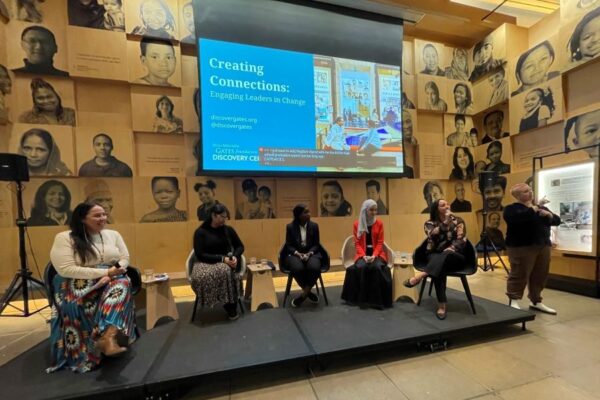We’re Connecting People in King County to Housing Stability Services
At United Way of King County, we believe that this region will never solve its homelessness crisis until it addresses the flow of people being evicted from their homes and onto the streets. Prevention is key. That is why in January we launched the Community Connector flexible housing stability fund.
We partner with Housing Connector, a Seattle-based nonprofit that works to increase access to housing for those most in need, to provide housing stability support services for those facing eviction or at risk of it. The program has been a godsend to many facing the possibility of losing their homes.
Here to tell you more is Marlo Klein, United Way senior community impact manager for eviction prevention and housing stability.
United Way of King County: How critical is prevention in the effort to address homelessness in King County?
Marlo Klein: It’s extremely important because we simply don’t have enough affordable housing to meet the demand. We need to do whatever we can to stop people from falling into homelessness, which is a very traumatic, dehumanizing experience and frankly, more costly.
By coming up with creative ways to help people maintain their housing—we can help alleviate the homelessness crisis we’ve been facing. We know that many individuals and families are able to retain their housing if they have access to a range of flexible supportive services in the event of an emergency or as the need arises. Life happens to all of us, but not everyone has savings to fall back on or family or friends who are in a position to help. Imagine if you didn’t. These are the folks that we’re working alongside.
No matter where you are in King County, the wait to get into affordable housing is long, some wait lists aren’t even open, don’t plan to open anytime soon or haven’t been for a long time.
Marlo Klein (continued): Given this, we need to work with people where they live to help them retain their housing and remain in the community they know.With so few options available, if someone does lose their housing, the risk of falling into our homeless system is sadly way too high. And once there, it’s not an easy system to navigate. Many people experiencing homelessness can’t find affordable housing to move into.
United Way of King County: How does the flexible housing stability fund address this?
Marlo Klein: This has been an exciting effort. We partnered with Housing Connector to give them the ability to offer tenants experiencing housing instability access to flexible financial assistance and housing stability support services. The households being served in this flexible housing stability fund are already living in affordable housing; but despite it being affordable, many still struggle to pay rent on time due to a variety of reasons.
Through our relationship with Housing Connector and the affordable housing provider, we’ve been able to stabilize people’s housing. Where they were once at risk of being evicted or receiving a notice of noncompliance, through our tenant engagement process, many families have turned their negative rental history into a positive.
This partnership has allowed us to be more proactive in working with households that want to engage with a housing stability specialist to maintain their housing. These housing stability specialists are onsite, available day and night for families that need support. Our flexible financial assistance dollars are really making a difference in how case managers can work creatively with the tenants to pay their rent on time.

United Way of King County: What other ways have we helped people stay in their homes?
Marlo Klein: Flexible financial assistance has given tenants the ability to stretch their limited incomes further. We’ve helped repair cars so people can get to work, we’ve mediated disagreements with landlords, helped families realign their budgets based on changes in household income, provided short-term shallow rent subsidies for families who lost wages due to having to take unpaid time off from work, and we’ve helped lighten the load for families trying to pay back past due rent arrears on top of their monthly rent payment.
Housing stability specialists have connected tenants with employment, childcare, public benefits, legal services, after-school programs, and a host of other services based on what’s going on with the household. I know the tenants enrolled in the flexible housing stability fund have really appreciated having a trusted ally, advocate, and confidant walking beside them to resolve issues that put their housing at risk.
United Way of King County: How many people have been helped through the flexible housing stability fund?
Marlo Klein: We began in January, and so far, we’ve enrolled 170 households. That’s close to 600 individuals whose housing was in jeopardy and was stabilized. It’s important to note that most of the households are families headed by a single mother; those families are served evictions at a disproportionate rate to the rest of the population. And the majority of people we have served have been Black, Indigenous, or other people of color.
United Way of King County: How much funding has been distributed?
Marlo Klein: We’ve provided families with a little more than $300,000 so far. Each of those 170 households was experiencing housing instability—they were either going to be evicted, had an eviction notice in process, or knew they weren’t going to be able to pay their next month’s rent, but because of our intervention, we were able to save and/or restore their tenancies. Also, our assistance has enabled them to maintain a positive tenancy record in avoidance of late notice. And it’s allowed quite a few tenants to satisfy their rent repayment plans that they entered into with their landlords for past due rent that had accrued.
Our assistance has enabled [tenants] to maintain a positive tenancy record in avoidance of late notice. And it’s allowed quite a few tenants to satisfy their rent repayment plans that they entered into with their landlords for past due rent that had accrued.
Marlo Klein, United Way senior community impact manager for eviction prevention and housing stability.
United Way of King County: What areas does flexible housing stability serve?
Marlo Klein: It’s taking place in Des Moines, Federal Way, and unincorporated King County.
United Way of King County: When is the flexible housing stability fund slated to end?
Marlo Klein: It is ending at the end of November. But we are taking our learnings and we are going to be moving from a site-based model to working across King County to make the services available to more residents in a variety of locations and different properties.
United Way of King County: With all the approaches there have been to the homeless crisis, what gives you hope that this will make a difference?
Marlo Klein: I’ve been doing this work for a long time. For one, our community has an entity, Housing Connector, that holds relationships with landlords and social service providers. Social service agencies are traditionally paid to help move people from homelessness into housing but very few are paid to step in if a household experiences housing instability.
Providing wholistic, flexible services designed to help people retain their housing is the smart thing to do and I think more people than ever before can get behind this concept. Now, all we need to do is think smartly about how we push funding and connect people to the services that are available to them.





Comments